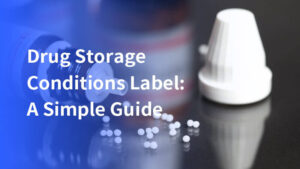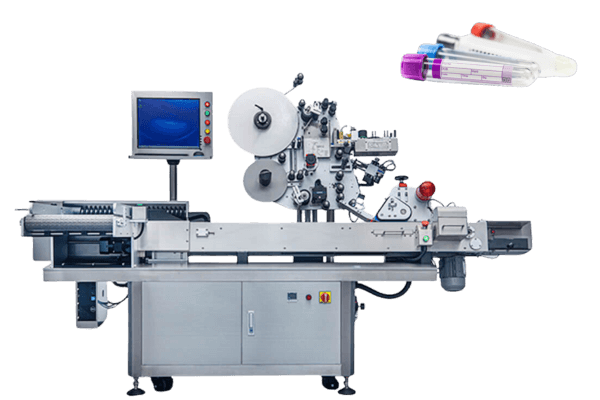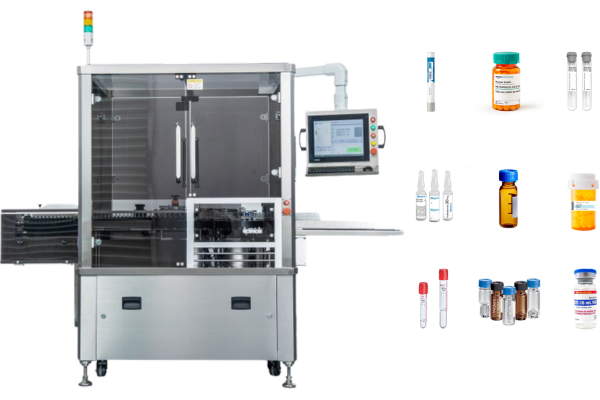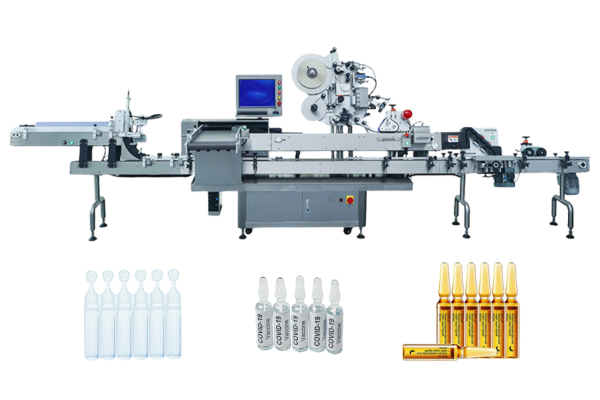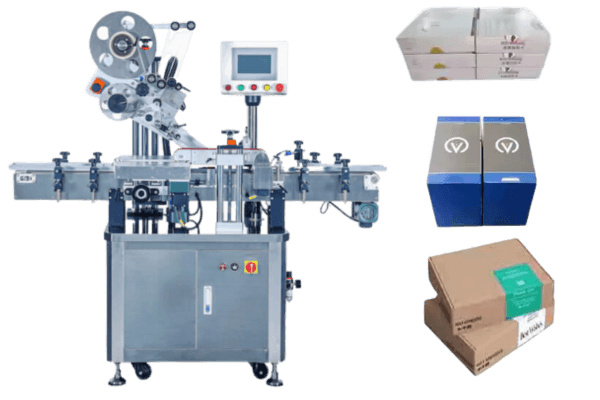Clinical labels are essential for drug trials and clinical studies. They are different from regular pharmaceutical labels.
They help ensure safety and accuracy. This guide explains what clinical labels are. It also covers their unique features and how they are used.
What are clinical labels and their purpose?
Clinical labels are used on drugs during clinical trials. They give important information to researchers, doctors, and trial participants.
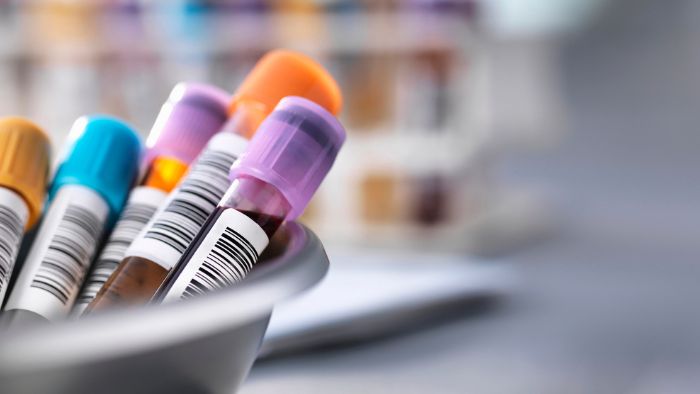
A strong clinical label partnership is important for safe and timely labeling. Custom solutions help manage documents, rules, and patient needs in different languages. These labels ensure the right handling, storage, and use of the drug.
Differences between clinical and regular drug labels
Regular drug labels are made for consumers. Clinical labels are made for specific trial needs. Clinical labels are important in trials, especially for single-language studies.
They help follow rules and manage label identification. They do not show commercial branding or dosing for consumers.
Instead, clinical labels have study details like trial codes, randomization, and special instructions for the trial.
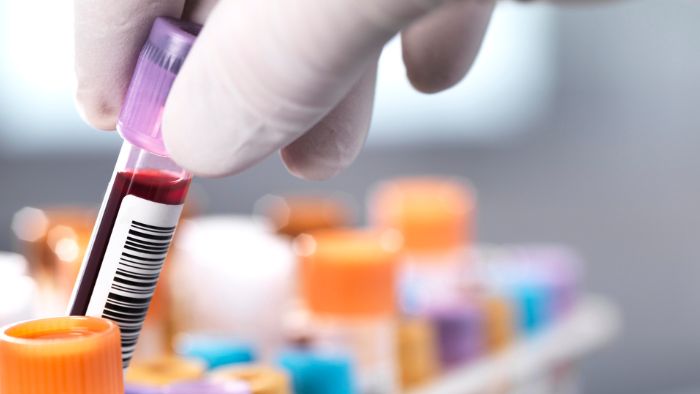
Content and guidelines for clinical labels in many languages
Clinical labels must follow strict rules to meet legal standards. They often include:
- The name of the drug
- A code or identifier for the study
- Dosing information for the trial
- Warnings, like “For clinical trial use only”
- Participant number or group
Good labeling is important in clinical trials. Custom labels help with documents, keep patients safe, and meet multi-language needs. This is key for global studies, where labels must fit different countries’ rules.
Design and creation of booklet labels
Designing clinical labels needs close attention to detail. Labels must be made to fit specific sizes, shapes, and colors. The manufacturing process also manages label ranges and replacements. Unique codes help with quality control and label replacement.
Labels should be strong, easy to read, and follow packaging rules. Things like material, font size, and layout are important to avoid mistakes. Good printing and labeling make sure the information stays clear during handling and storage.
Management and application of clinical labels
Managing clinical labels means tracking their creation, distribution, and use. Different labels, like conventional clinical labels and clinical booklet labels, fit on various clinical dispensers. This helps manage and identify clinical supplies.
Replacement labels are important for handling damaged ones. The Label-ID system helps clients request replacements if labels are damaged. This ensures the right labels go on the right products. Mislabeling or damage can disrupt a trial and cause legal problems.
Viallabeller‘s equipment can apply clinical labels to some containers, such as test tubes and vials.
The future of clinical labels in clinical research
As technology improves, clinical labels will become more advanced. Booklet labels help global trials by allowing multiple languages and information. Good clinical labeling is important for drug development.
Custom labels must follow strict rules for clinical trials. Fanfolded clinical labels work for single-language studies but can include more languages if needed.
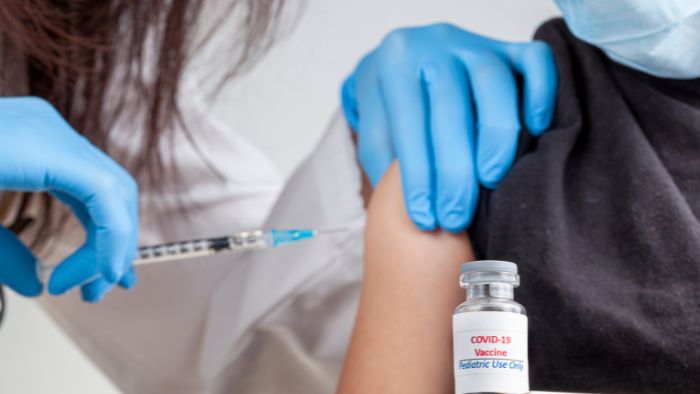
Maximum labeling height is important for vials with extra text. Multiple panel labels are flexible and follow clinical rules. Single panel labels show all key information on one side and work well for clinical dispensers.
Digital tracking, QR codes, and smart labels are being tested. These new ideas could improve accuracy and safety in trials.
Conclusion
Clinical labels are important for clinical trials. They ensure drugs are tested safely and correctly. The content, design, and management of clinical labels are key to successful trials.
As technology changes, we will improve how we manage and use clinical labels. This will make trials more efficient and secure.



